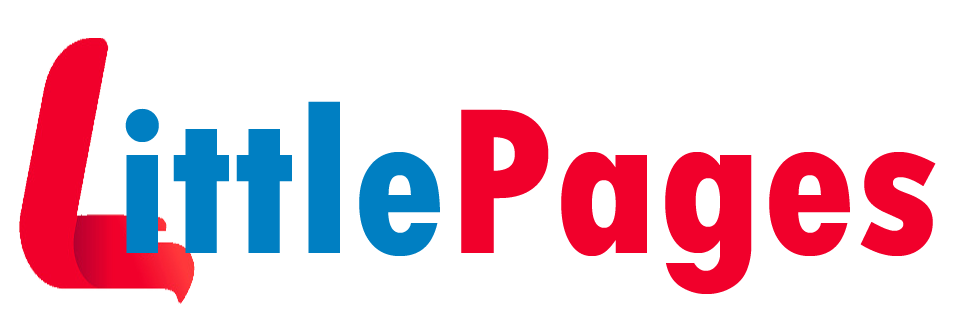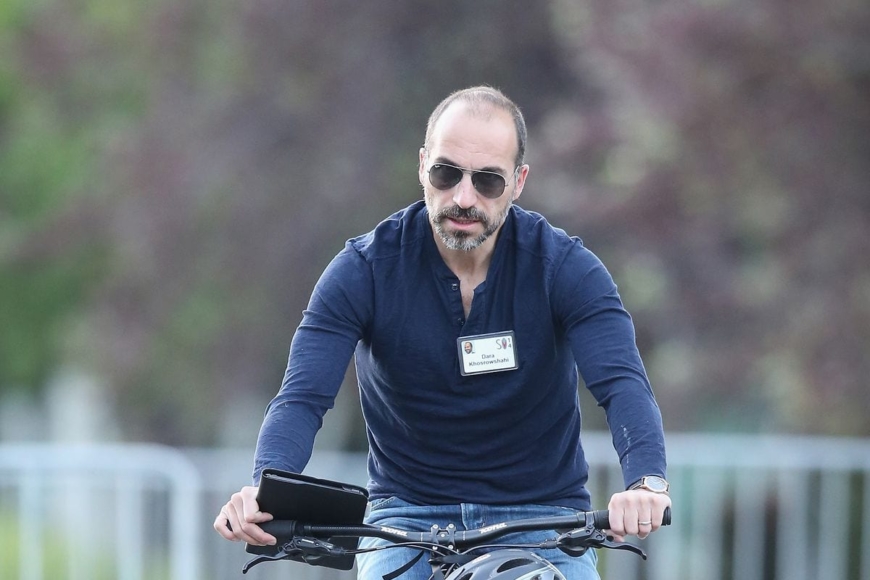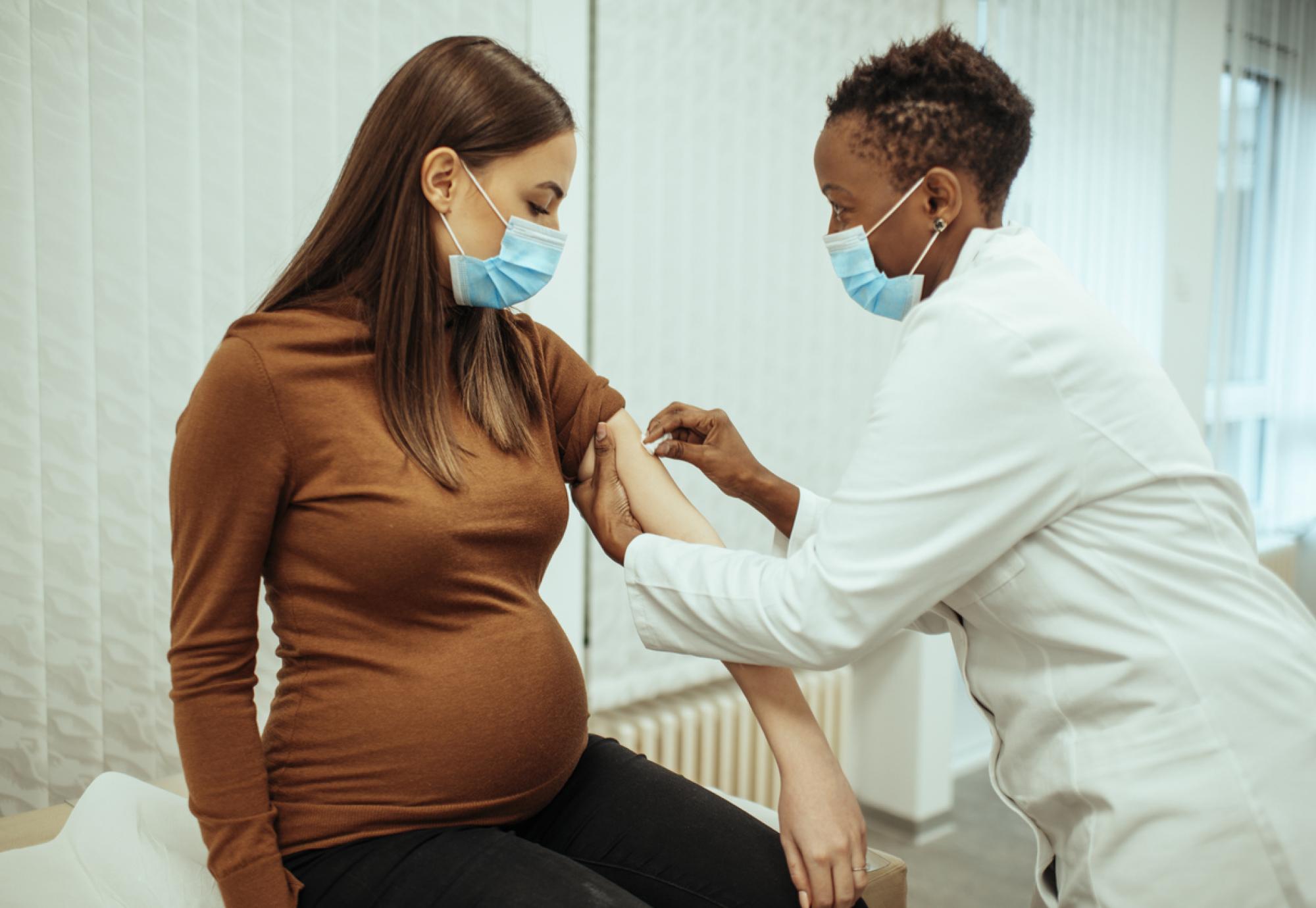Women’s health in the UK stagnates while other countries progress
Recent data indicates that women’s health in the UK has not shown any improvement over a three-year period, particularly in areas such as preventive care and satisfaction with pregnancy care.
The third annual Hologic Global Women’s Health Index, conducted in partnership with leading analytics firm Gallup, represents one of the most comprehensive surveys globally on women’s health and well-being. Covering five key dimensions of women’s health—Preventive Care, Basic Needs, Opinions of Health and Safety, Individual Health, and Emotional Health—the Index assigns scores ranging from one to 100 to 143 countries and territories. In the latest findings, the UK’s score remains at 60 out of 100, indicating no progress from the previous year. However, the UK has fallen seven positions in the global rankings, now standing at 37.
Several factors contribute to this decline, including the addition of more countries to the Index in 2022 and the advancement of other nations surpassing the UK. Notably, Poland has shown significant improvement, achieving a score of 64 and securing a position in the top 10 countries.
The UK’s lag behind the EU in preventive care testing, including screenings for high blood pressure, cancer, diabetes, and sexually transmitted infections (STIs), is a cause for concern. Additionally, there has been a decrease in women’s satisfaction with pregnancy care, dropping from 77% to 74% within a year. This trend aligns with findings from the Care Quality Commission, indicating a decline in maternity care quality over the past five years.
The Index also highlights alarming statistics regarding the emotional well-being of women in the UK, emphasizing the need for improved access to counseling and support services. Negative emotions reported by women, including worry, sadness, stress, and anger, have increased year-on-year, with 32% experiencing sadness compared to 28% in the previous year.
Tim Simpson, General Manager for Hologic UK & Ireland, stresses the urgency for action and improvement in addressing these gaps in women’s healthcare. He underscores the importance of the Hologic Global Women’s Health Index as a crucial tool to guide efforts aimed at enhancing women’s well-being worldwide.
Dr. Ranee Thakar, President of the Royal College of Obstetricians and Gynaecologists, welcomes the Hologic Women’s Health Index as a valuable resource for monitoring key indicators in women’s health. She emphasizes the need for governments, NGOs, and policymakers to prioritize women’s health and invest in interventions that prioritize women’s interests.
Hologic remains dedicated to collaborating with healthcare professionals, policymakers, and communities to drive meaningful change and improve health outcomes for women globally.













